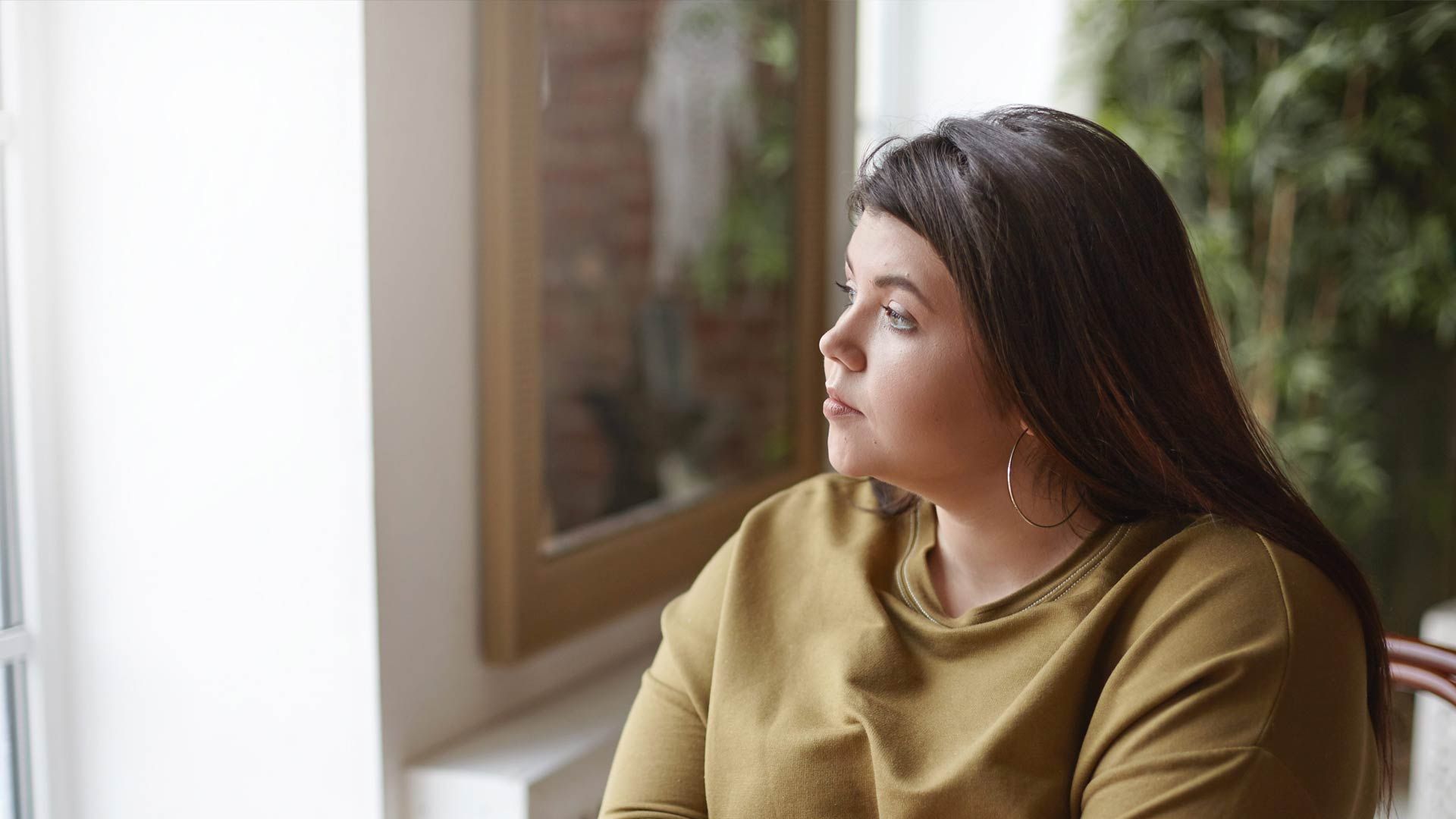More Than the Blues

Ever feel like you are the only one who is sad in a world of happy people?
Everyone experiences stress, sadness and anxiety from time to time – it’s a part of life. These feelings can often happen when you a lose a job, children move away from home, during divorce, with a death in the family, or during retirement. But when changes in mood and behavior interfere with one’s ability to work, sleep, eat, and enjoy once pleasurable activities, it could be a sign of depression.
Depression is a serious medical illness; it’s not something that you have made up in your head. It’s more than just feeling “down in the dumps”or “blue” for a few days. It’s feeling down, low or hopeless for weeks at a time. The reality is, depressive disorders affect approximately 18.8 million American adults. However, due to stigma and other factors, fewer than half of those suffering actually seek help.
Symptoms of Depression
- Persistent sad, anxious or empty feelings
- Feelings of hopelessness and/or pessimism
- Feelings of guilt, worthlessness and/or helplessness
- Irritability, restlessness
- Loss of interest in activities or hobbies once pleasurable, including sex
- Fatigue and decreased energy
- Difficulty concentrating, remembering details and making decisions
- Insomnia, early morning wakefulness, or excessive sleeping
- Overeating, or appetite loss
- Thoughts of suicide, suicide attempts
- Persistent aches or pains, headaches, cramps or digestive problems that do not ease even with treatment
If you or someone you know needs help, Jefferson Center is here.
- Kiara’s Note – Blog
- Mental Health Matters – Blog
- Voices of Hope – Blog
- Humans of Jefferson Center
- Addiction & Substance Use
- Anxiety
- Child Mental Health
- Crisis and Trauma
- Depression
- Exercise
- Just The Facts
- LGBTQIA+ & Pride
- Medicaid
- Men’s Mental Health
- Parenting
- Recovery
- Senior and Older Adult
- Socializing
- Stigma
- Stress
- Suicide Prevention
- Support & Advocacy
- Teen’s Mental Health
- Treatment Options
- Women’s Mental Health